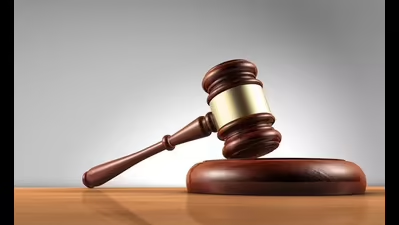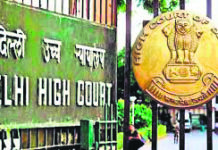NEW DELHI: In 2016, the Central Bureau of Investigation registered a case against Anurag Sharma under Section 67B of the Information Technology Act, 2000, following allegations of his involvement in downloading and distributing child sexual abuse material (CSAM).
The probe centred on Sharma’s online activities between 2015 and 2016, when he is said to have accessed explicit content featuring minors and shared it through internet channels. During its investigation, the CBI seized Sharma’s laptop and uncovered 183 distinct files depicting minors in sexually explicit acts.
These files formed the core evidence in the chargesheet, which was formally filed on May 2, 2017. The agency’s case alleged that Sharma had not only downloaded and viewed these files but had also actively distributed them to other recipients via online platforms.
On June 11, Additional Chief Judicial Magistrate Jyoti Maheshwari delivered the court’s verdict. In clear terms, she stated: “Accordingly, the accused Anurag Sharma is convicted of the offence under Section 67(B) of the Information Technology Act, 2000.” This ruling confirms that the judge found the CBI’s evidence sufficient to establish Sharma’s guilt under the specific provision aimed at prohibiting the electronic storage, transmission, and sharing of child sexual exploitation material.
Sharma’s counsel contended that the investigation remained incomplete because the prosecution had not traced or recovered the destination IP addresses to which the illicit files were sent. They argued that without this component, the CBI’s case was deficient.
However, the court rejected this line of defence, emphasizing the language of the statute itself. In dismissing Sharma’s argument, the judge clarified the scope of Section 67B: “Section 67B of the IT Act does not mandate any investigation or recovery of the destination IP and only requires that the accused should have browsed, collected, or downloaded the material, in electronic form, involving children in sexually explicit acts








